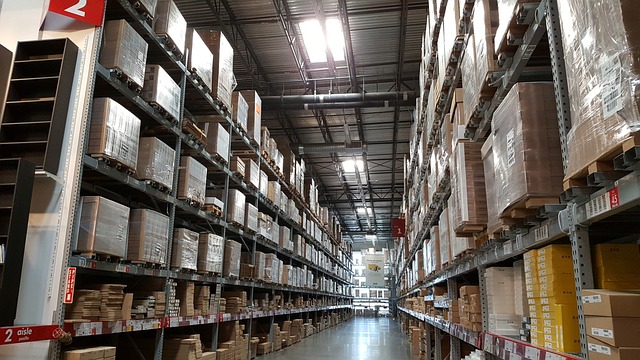Real estate plays a pivotal role in fostering innovation and entrepreneurship by providing strategic locations with modern amenities, attracting top talent, and enhancing quality of life. Mixed-use developments blending residential, commercial, and recreational spaces are on the rise, while tech hubs drive demand for state-of-the-art office and residential properties globally. Future-ready real estate designs cater to startups' diverse needs, incorporating flexible workspaces, collaborative hubs, and sustainable facilities. This trend stimulates local economies, fosters entrepreneurship, and ensures long-term viability for entrepreneurs and investors alike.
“Unleashing innovation and entrepreneurship is the cornerstone of modern economic growth, and at the heart of this dynamic lies real estate. This article explores the pivotal role that real estate plays in cultivating thriving tech hubs, which in turn stimulate local economies. We delve into how strategic property development fosters a vibrant entrepreneurial ecosystem, examining design strategies for spaces that nurture creativity and collaboration. By examining these factors, we can shape future-ready environments that foster groundbreaking ideas and sustain economic vitality.”
The Role of Real Estate in Fostering Innovation and Entrepreneurship

In the dynamic landscape of innovation and entrepreneurship, real estate plays a pivotal role in cultivating an ecosystem that nurtures creativity and business growth. The physical spaces where startups, tech hubs, and entrepreneurs thrive significantly impact their success and overall culture. Strategic locations with modern infrastructure, ample natural light, and well-designed layouts can inspire and motivate the workforce, fostering collaboration and productivity.
Real estate developers and urban planners are increasingly recognizing the importance of creating mixed-use developments that seamlessly blend residential, commercial, and recreational spaces. Such environments encourage serendipitous interactions between professionals from diverse backgrounds, sparking innovative ideas and partnerships. Additionally, access to vibrant communities and cultural hubs can enhance the quality of life for entrepreneurs, attracting top talent and fostering a thriving startup culture.
Tech Hubs and Their Impact on Local Economies: A Real Estate Perspective

Tech hubs have become a driving force in shaping urban landscapes and transforming real estate markets. These innovation centers, often located in vibrant cities, attract talent, startups, and investors from around the globe. The influx of skilled professionals creates a demand for modern office spaces, coworking areas, and high-end residential properties. Real estate developers recognize this trend, leading to the construction of state-of-the-art buildings designed to accommodate tech companies’ unique needs.
The presence of tech hubs not only upgrades the local real estate scene but also boosts the economy. They stimulate job creation, foster entrepreneurship, and drive investment within the region. As a result, nearby areas experience increased property values, improved infrastructure, and enhanced overall livability. This positive impact extends beyond the tech sector, benefiting various industries and making these cities more desirable places to live and work.
Designing Future-Ready Spaces: Real Estate Strategies for Entrepreneurial Ecosystems

In the dynamic landscape of entrepreneurial ecosystems, designing future-ready spaces is paramount. Real estate strategies play a pivotal role in fostering innovation and cultivating vibrant startup communities. The goal is to create environments that cater to the evolving needs of entrepreneurs, from flexible workspaces to collaborative hubs and state-of-the-art facilities. By integrating smart technologies and prioritizing sustainability, developers are crafting spaces that not only attract startups but also empower them to thrive.
These future-oriented real estate initiatives involve strategic planning, seamless infrastructure, and a focus on community building. Incorporating amenities like high-speed internet, shared resources, and networking areas fosters collaboration and innovation. Moreover, designing spaces that adapt to changing business models ensures long-term viability for both entrepreneurs and investors. Ultimately, these strategies are transforming traditional real estate into dynamic hubs that drive economic growth and shape the future of entrepreneurship.






